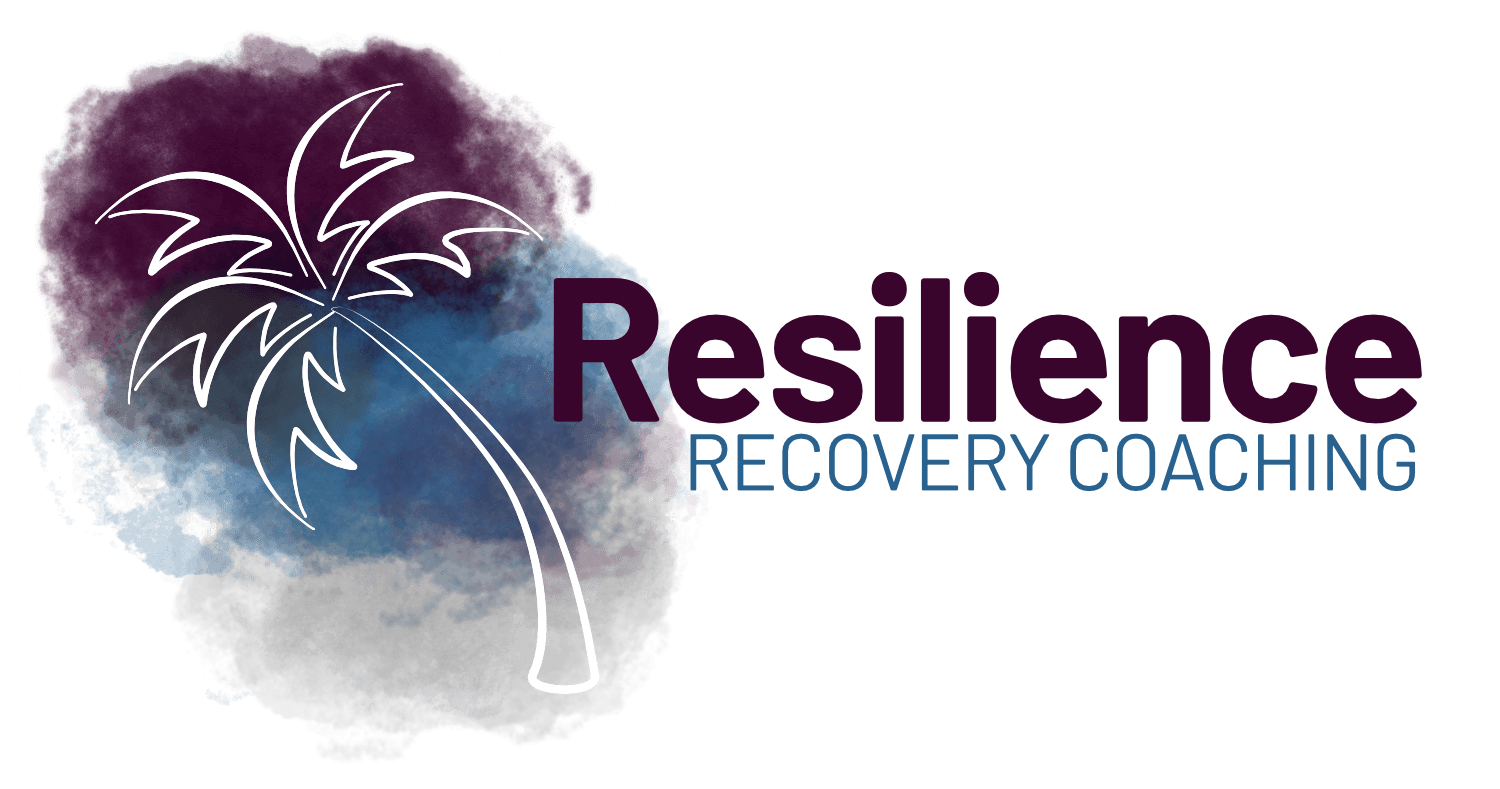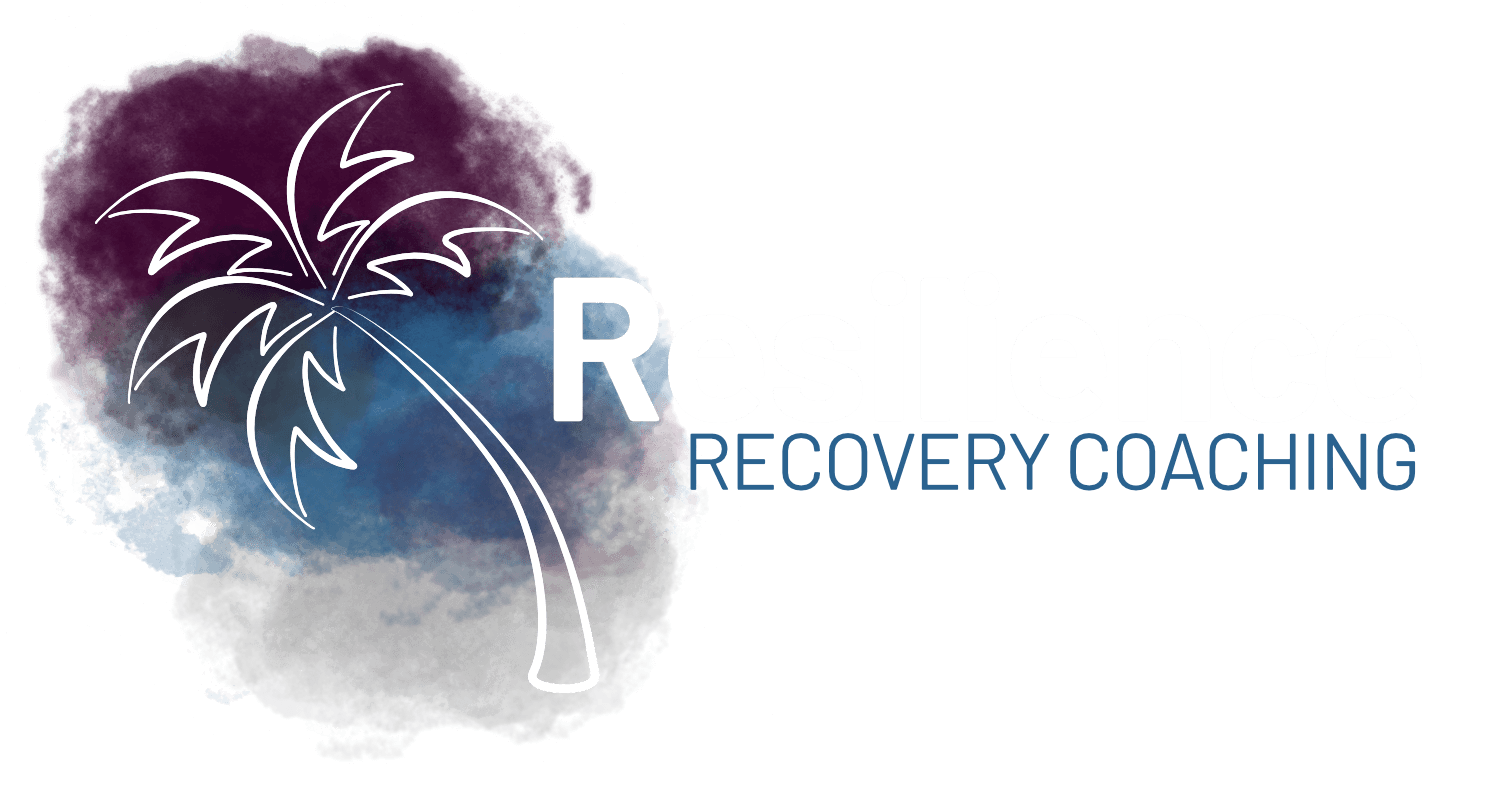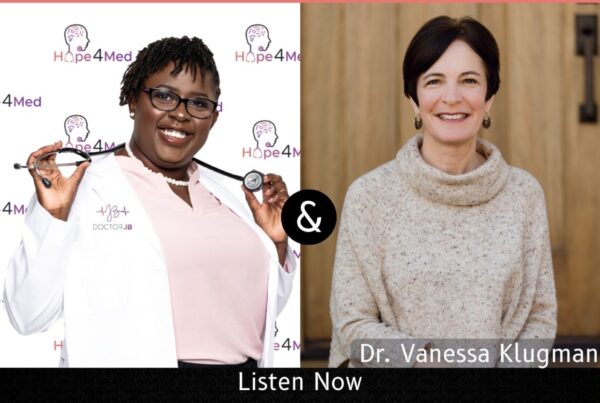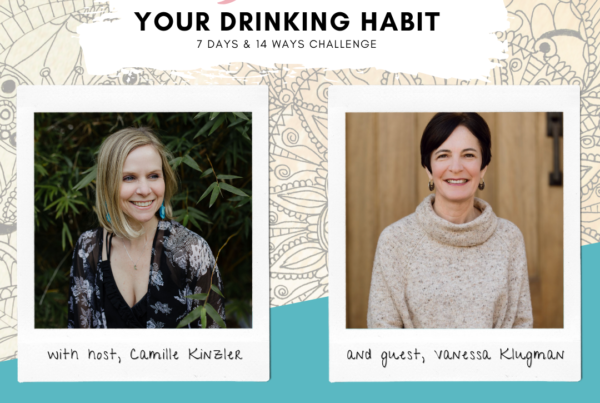
Lately, I’ve had a number of clients bring up their discomfort with filling unstructured time. They described the uneasiness they experience with not having anything to accomplish or knock off their to do lists. I remember that uncomfortable feeling well. It was in that place when my anxiety became more intense, and harsh thoughts of my inner critic became louder. Physically, I felt restless and tense and had an urge to escape. I distracted myself from this dis”ease”, by creating more to do lists, doing loads of laundry, eating chocolate and taking xanax. I ran from the discomfort and I numbed it.
It is a normal human reaction to want to escape our discomfort. We are evolutionarily hardwired to avoid pain. It is what allowed our ancient ancestors to survive. In the short term, avoiding or numbing pain may work and lead to relief, so we continue to repeat the pattern, which then strengthens the habit loop. Unfortunately, any discomfort which we resist will actually persist and grows stronger. In recovery, I’ve learned a number of important lessons. Discomfort and uneasiness are part of the human experience. There is nothing inherently wrong with feeling uncomfortable or uneasy. All of our emotions and experiences whether pleasant or unpleasant are temporary and constantly changing. As Pema Chodron states “You are the sky. Everything else is just the weather.”
Naming our experience is the first step in developing some space between ourselves and our uncomfortable feelings. When we name our experience as “the fear”, or “uneasiness”, we take ourselves out of our “fight and flight” response and have more access to our wiser thinking in the prefrontal cortex of our brains. The next step in being with our experience is bringing an attitude of curiosity to what we are experiencing in our body, and to the thoughts and emotions we are having. What do we need in the moment? The last part of being with our experience is to bring compassion to whatever we meet. We extend to ourselves the kindness we would to our best friend. We may come up against a deep sense of being inadequate or unworthy. We learn to lean into and befriend even that feeling.
As we practice bringing awareness to our underlying feelings of uneasiness and insecurity, and check in with ourselves as to what need is not being met, we are able to respond in a new and wiser way. This serves to move us away from our old habitual addictive patterns and starts to groove new neural pathways in our brain. We become wiser, less reactive and more empowered to make choices that serve us.
If you are interested in receiving a free tool to enhance your self compassion please email me at vanesslifeandrecoverycoach@





